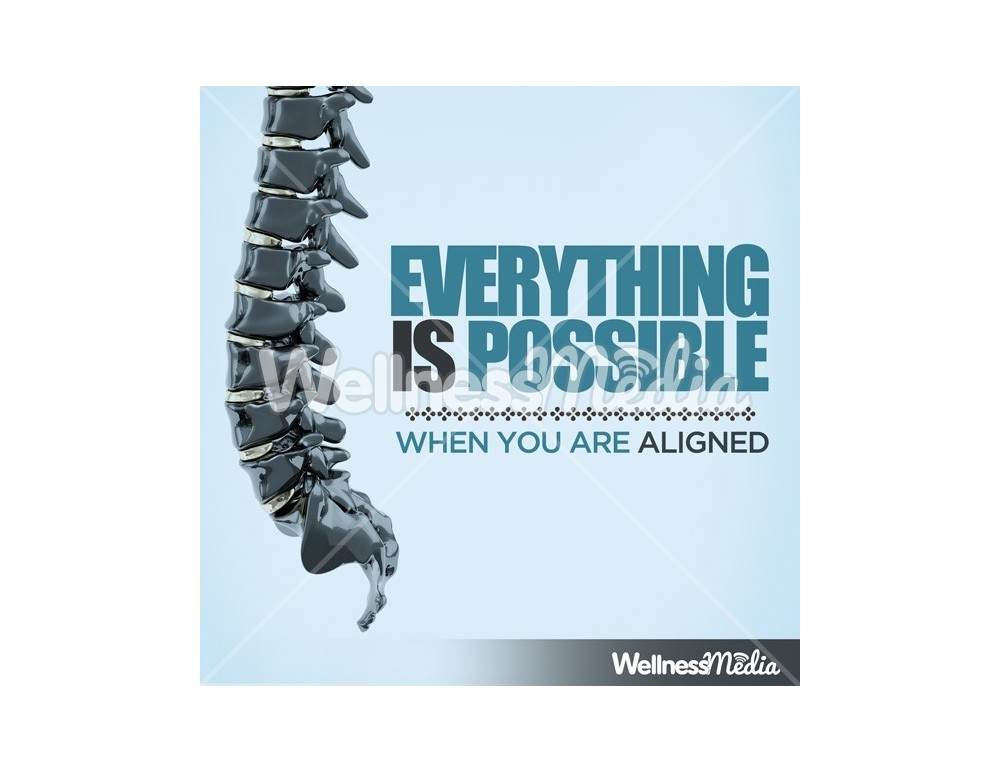Nutrition And Its Relevance In Pain In The Back Control: Foods To Favor And Foods To Avoid
Nutrition And Its Relevance In Pain In The Back Control: Foods To Favor And Foods To Avoid
Blog Article
Article Created By-Singer Sharpe
When it pertains to managing your pain in the back, the food options you make can dramatically affect how you feel each day. Imagine being best chiropractors nyc to reduce your pain just by changing what you eat. By understanding the function of nutrition in back pain monitoring and understanding which foods to include or steer clear of, you can take aggressive steps towards a healthier and extra comfy way of life. The link between nourishment and back wellness is a lot more extensive than you may recognize-- let's discover exactly how particular foods can either calm or intensify your pain in the back.
Importance of Nutrition in Back Pain
Nourishment plays an essential duty in taking care of neck and back pain. Your diet can significantly affect inflammation degrees and overall pain degrees in your back. Eating a well balanced diet rich in nutrients like vitamins D and K, calcium, magnesium, and omega-3 fats can help reduce swelling and reinforce bones, which are important for back health and wellness.
In addition, preserving a healthy and balanced weight through correct nourishment can ease anxiety on your spine, lowering the danger of neck and back pain.
Additionally, certain nutrients like antioxidants located in fruits and vegetables can aid battle oxidative stress and anxiety and promote recovery in the body, including the back muscles and back.
On the other hand, eating extreme quantities of refined foods, sugary drinks, and unhealthy fats can add to swelling and weight gain, exacerbating pain in the back.
Foods to Consume for Back Health
To support a healthy back, including nutrient-rich foods into your daily dishes is key. Consisting of foods high in anti-oxidants like berries, spinach, and kale can help in reducing inflammation in your back, reducing pain and discomfort. Omega-3 fatty acids located in fatty fish such as salmon and mackerel have anti-inflammatory homes that can benefit your back wellness.
Furthermore, eating nuts and seeds like almonds, walnuts, and chia seeds gives crucial nutrients like magnesium and vitamin E, which support muscular tissue function and decrease oxidative tension. Including lean healthy proteins such as hen, turkey, and tofu can assist in muscular tissue repair and upkeep, promoting a strong back.
Don't forget to include milk or fortified plant-based alternatives for calcium to support bone health and wellness. Finally, moisten with a lot of water to maintain your spinal discs moistened and operating efficiently. By consisting of these nutrient-dense foods in your diet, you can nurture your back and support overall back health.
Foods to Prevent for Pain In The Back
Select preventing refined foods high in sugarcoated and trans fats when looking for remedy for pain in the back. These types of foods can contribute to swelling in the body, which may worsen neck and back pain. Say no to sweet treats like candy, pastries, and sweet beverages, as well as fast food products like hamburgers, fries, and fried chicken that are typically packed with trans fats.
Additionally, stay away from foods containing high degrees of polished carbs, such as white bread, pasta, and pastries, as they can spike blood glucose levels and possibly aggravate swelling in the body.
It's also a good idea to restrict your consumption of foods high in hydrogenated fats, like red meat and full-fat milk products, as they can add to swelling. Refined foods like delicatessens meats, chips, and packaged snacks are usually high in hydrogenated fats and must be eaten in moderation.
Conclusion
Finally, taking note of your diet plan and making smart food choices can have a substantial effect on managing neck and back pain. By incorporating please click the following internet page -rich foods like berries, fatty fish, nuts, and lean proteins, and avoiding processed and sweet things, you can help in reducing inflammation and assistance overall back health. Remember, what you eat plays an important duty in how you feel, so make sure to prioritize your nutrition for a much healthier back.
